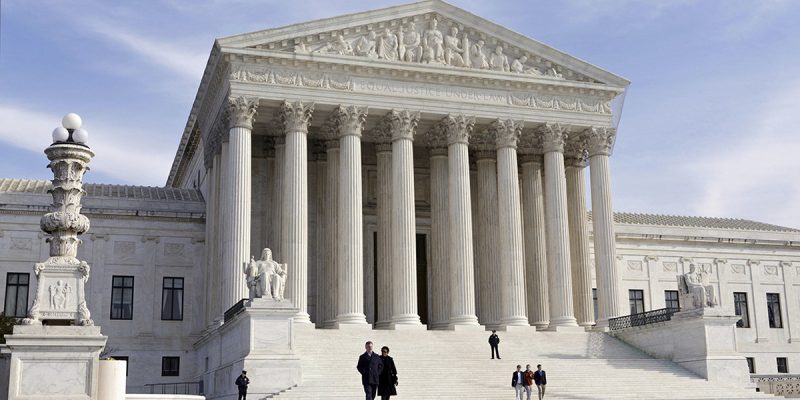The U.S. Supreme Court issued a unanimous ruling restricting the ability of police to seize property and impose fines. This case is a victory for groups across the political spectrum that decried “policing for profit.”
From Nola.com:
Justice Ruth Bader Ginsburg, on her second day back on the bench after undergoing cancer surgery in December, announced the court’s decision, saying the Eighth Amendment’s Excessive Fines Clause protects against government retribution at all levels.
“For good reason, the protection against excessive fines has been a constant shield throughout Anglo-American history: Exorbitant tolls undermine other constitutional liberties,” Ginsburg wrote. “Excessive fines can be used, for example, to retaliate against or chill the speech of political enemies. . . . Even absent a political motive, fines may be employed in a measure out of accord with the penal goals of retribution and deterrence.”
Groups as diverse as the American Civil Liberties Union and the U.S. Chamber of Commerce warned the Supreme Court of abuses, with the chamber touting a national study that found “60 percent of the 1,400 municipal and county agencies surveyed across the country relied on forfeiture profits as a ‘necessary’ part of their budget.’ “
The case at the court involved Tyson Timbs of Marion, Indiana, who had his $42,000 Land Rover SUV seized after his arrest for selling a couple hundred dollars’ worth of heroin. Timbs has sued to get it back, and while Wednesday’s decision did not dictate that outcome, it gave him a new day in court.
The ruling was based on Eighth Amendment grounds. That amendment forbids the imposition of excessive fines.
Timbs was forced to forfeit the Land Rover after he was convicted for selling heroin. But Indiana law caps financial penalties at $10,000 for the crime Timbs was convicted of.
Advertisement
Timbs sued to get his vehicle back and initially an Indiana judge agreed with Timbs. But the Indiana Supreme Court reversed the ruling, claiming the Eighth Amendment did not apply to states. Michigan, Mississippi, and Montana also take the same position. Timbs then took his case to the federal system and it resulted in this ruling by SCOTUS.
Ginsburg ruled that the Eighth Amendment applies to the states under the 14th Amendment‘s due process clause. Justices Gorsuch and Thomas concurred with the ruling but relied on a different interpretation of the 14th Amendment.
Advertisement
Advertisement

